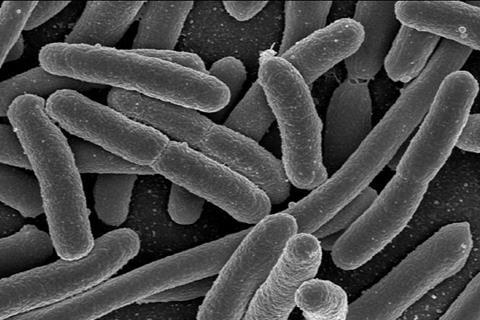Recent research has shown that certain forms of E. coli bacteria tend to colonize hypoxic areas of the body, including tumors, suggesting they might be playing a role in cancer therapeutics.

A team of researchers at Dana-Farber Cancer Institute led by Dr. Rizwan Romee in collaboration with Dr. Jiahe Li at the University of Michigan engineered gut derived E. coli bacteria to express immune-activating cytokines on their surfaces, with the idea that the bacteria would move into the tumor and induce potent immune responses. The research was published in Nature Biotechnology.
READ MORE: Innovations in cancer treatment through targeted bacterial vaccines
E. coli displaying murine decoy resistant IL18 demonstrated superior anti-tumor responses compared to immune checkpoint inhibitor therapy, with a 50-60% cure rate in mice. The team also observed synergy between treatment with the engineered bacteria and immune checkpoint inhibitor therapy.
Therapeutic efficacy
Treated tumor tissues revealed increased activity and infiltration of CD8+ T cells and NK cells. The therapy also enhanced the therapeutic efficacy of mesothelin targeting CAR NK cells in mice, suggesting the bacteria act as a “tumor GPS” for the systemically infused NK cells.
The study also demonstrated the safety and efficacy of this approach in multiple hard to treat tumors including mesothelioma. The findings make a strong case for evaluation of the approach alone or in combination with other immunotherapeutic strategies in early-phase clinical trials.
Immunotherapeutic approaches have substantially improved the treatment of patients with advanced malignancies. However, most advanced and metastatic malignancies remain incurable and therefore represent a major unmet need. This study uses genetically engineered live bacteria to strongly stimulate immune responses and enhance the effects of immunotherapy.







No comments yet